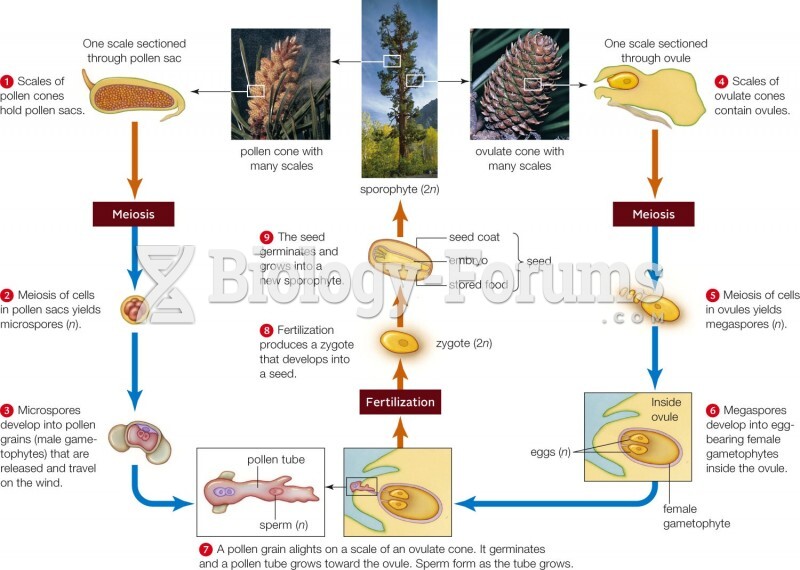This topic contains a solution. Click here to go to the answer
|
|
|
Did you know?
Coca-Cola originally used coca leaves and caffeine from the African kola nut. It was advertised as a therapeutic agent and "pickerupper." Eventually, its formulation was changed, and the coca leaves were removed because of the effects of regulation on cocaine-related products.
Did you know?
The heart is located in the center of the chest, with part of it tipped slightly so that it taps against the left side of the chest.
Did you know?
People with high total cholesterol have about two times the risk for heart disease as people with ideal levels.
Did you know?
There are 20 feet of blood vessels in each square inch of human skin.
Did you know?
Cytomegalovirus affects nearly the same amount of newborns every year as Down syndrome.







